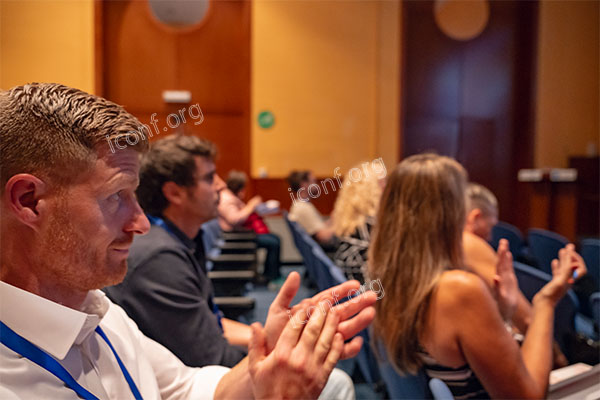Crafting Compelling Abstracts for Academic Conferences
An abstract is the gateway to your research at an academic conference. It's the first impression you make on reviewers and attendees, making it essential to craft it compellingly. Here are strategies to create abstracts that capture attention and convey your research effectively:

An abstract serves multiple purposes: it summarizes your research, provides context, and entices readers to engage with your work. Clarify the problem, outline your objectives, describe your methodology, present key findings, and discuss their implications.
A well-structured abstract follows a clear flow:
Be concise: Use clear, straightforward language to convey your research. Avoid jargon or overly technical terms unless necessary. Keep it within the word limit: Most conferences have strict word counts, typically ranging from 150 to 300 words.
Capture interest: Start with a hook or a statement that draws the reader in. Highlight the novelty: Explain what makes your research unique or important. Use active voice: It's more engaging and direct.
Integrate keywords: Use relevant keywords to improve visibility and searchability. Avoid repetitive phrases: Each sentence should contribute new information. Use strong verbs: Verbs like "investigate," "analyze," "demonstrate," and "reveal" convey action and impact.
Proofread: Ensure your abstract is free from grammatical errors, typos, and formatting issues. Seek feedback: Have colleagues or mentors review your abstract for clarity and coherence.
Follow conference guidelines: Each conference has specific formatting, word count, and submission requirements.
Copyright @ 2018 iconf.org name All rights reserved